

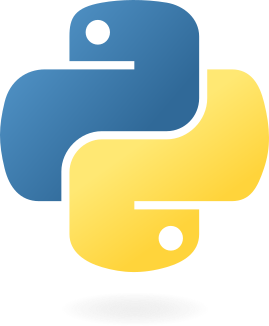
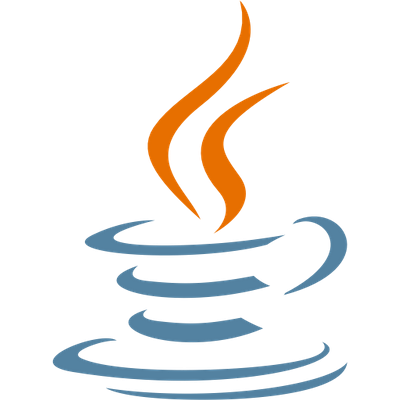

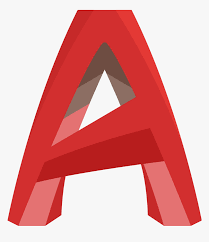



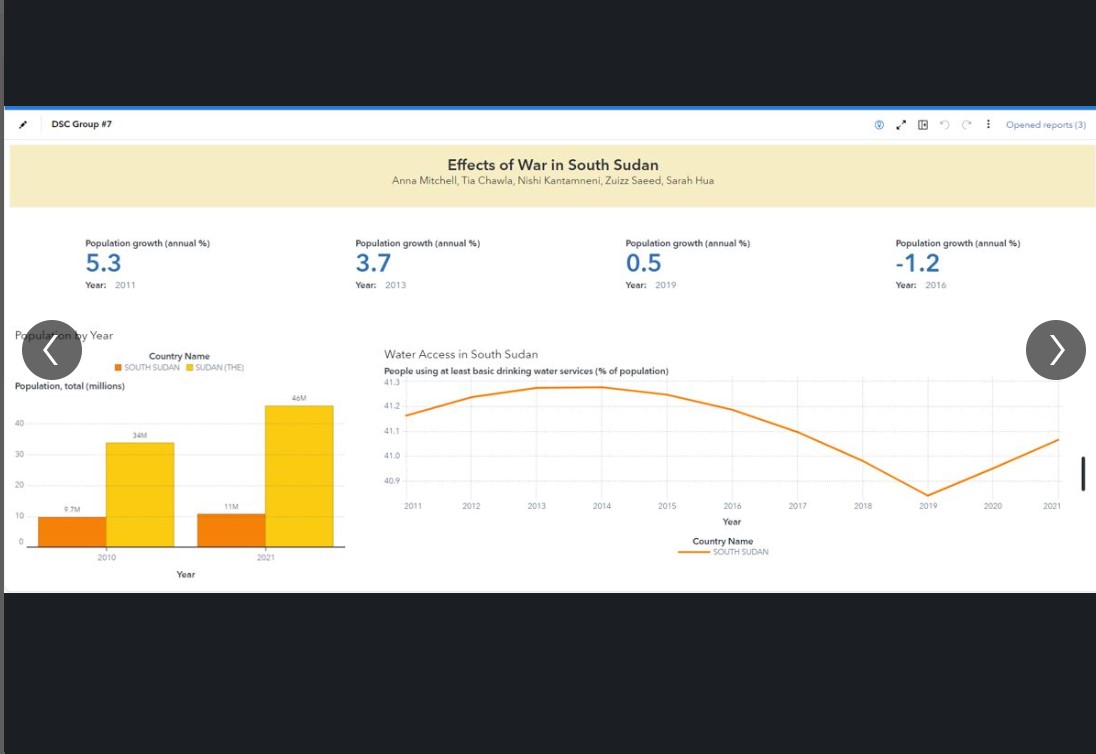
Using SAS Visual Analytics and the World Bank's World Development Indicators database (137 variables spanning 30 years of data across 214 countries), I created a scrollable dashboard about the effects of war in South Sudan. This interactive interface traces the history of Sudan and South Sudan - how South Sudan gained independence in 2011, fell into civil war in 2013, and settled a peace agreement in 2019/2020. Geographically, South Sudan has an abundance in oil reserves, but its underdeveloped infrastructure system forces South Sudan to rely on Sudan’s more established pipelines and refineries to export its 150,000 barrels of oil per day. Because of this, I decided to not only explore variables like water access, birth rate, and armed personnel percentage, but also variables like foreign direct investment and GDP per capita.
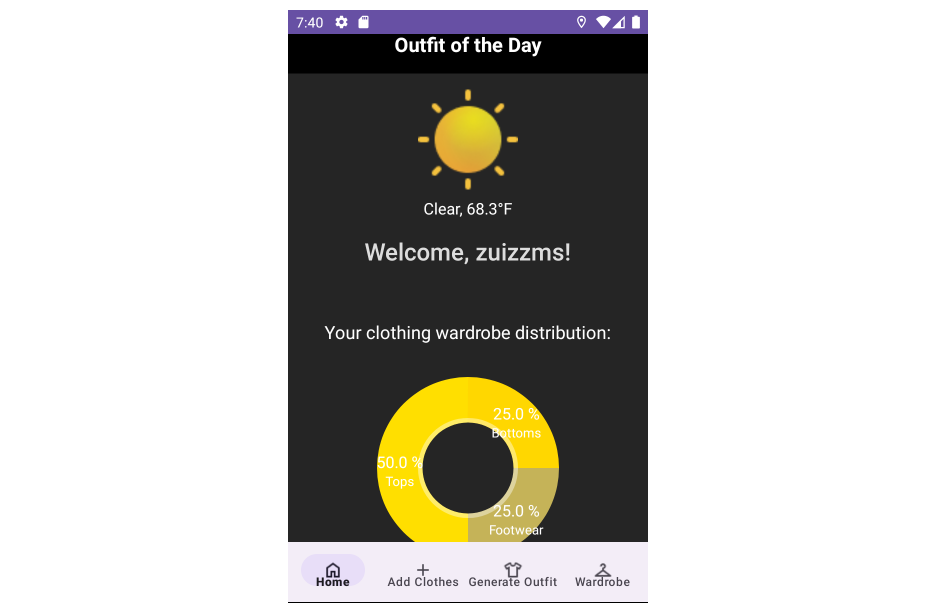
Everyone spends energy in choosing the best outfit for a given occasion. However, in many cases, people dedicate too much time into deciding their outfits for a given day. In addition, people often forget to factor in certain events in their day, the weather, and other features when determining their outfits, resulting in regret and unneeded stress. Through Outfit of the Day, a given user will be able to utilize weather and calendar information to create smart outfits, serving as a solution.
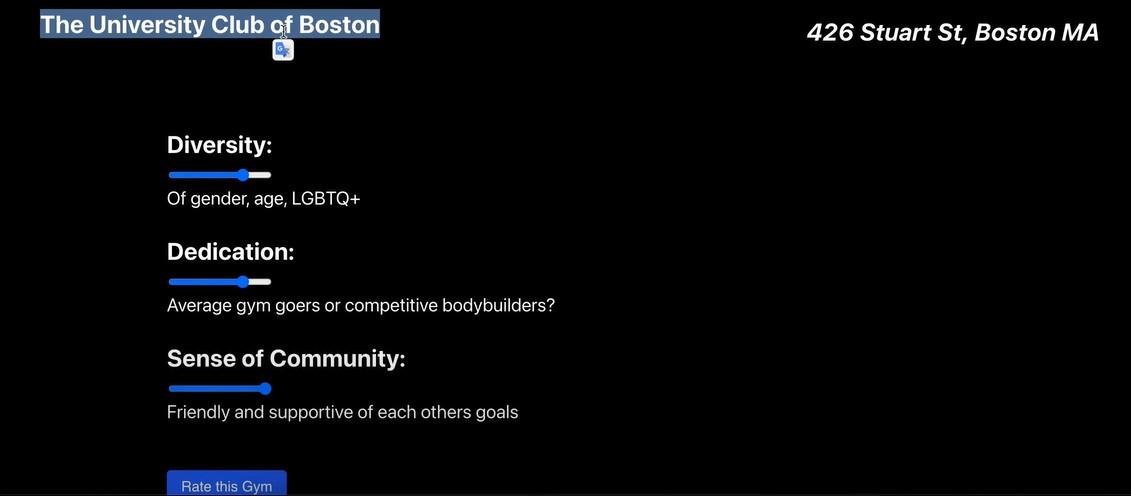
We were inspired by our personal experiences in the gym and the lack of Yelp's ability to reflect the real community atmosphere within the gym. Nowadays as gym culture has been growing, a greater need for foster inclusivity within those spaces are needed. This web app allows users to see local gyms (currently only Boston), and what other gym-goers have reviewed it, based the following categories: diversity, dedication, sense of community. They can also submit their own review.
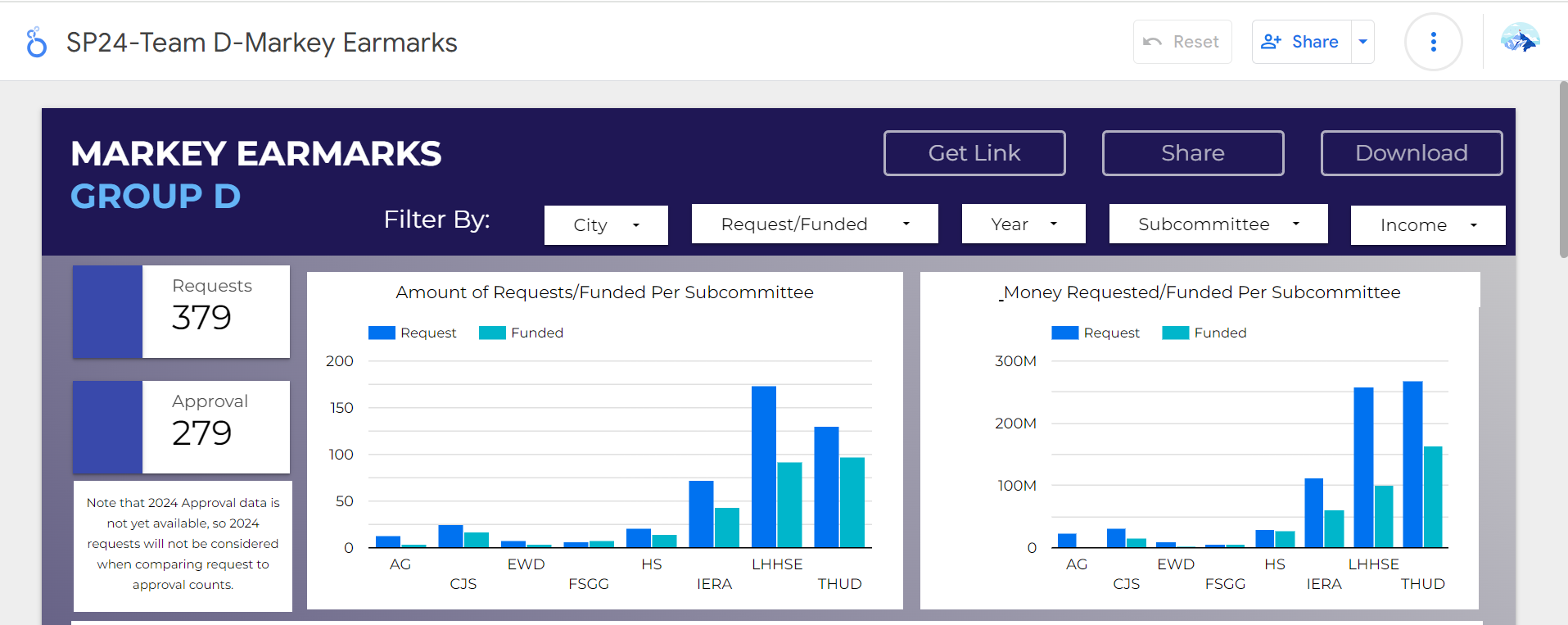
At the request of Massachusetts Senator Ed Markey's office, this project analyzes/visualizes patterns in government funds allocations data to assess the question of equitable access in the process of allocating earmarks (when funding from the federal budget is dedicated to certain causes/organizations in Massachusetts). See the link below to view our dashboard that the Senator's office is using to assess and recommend future earmarks!
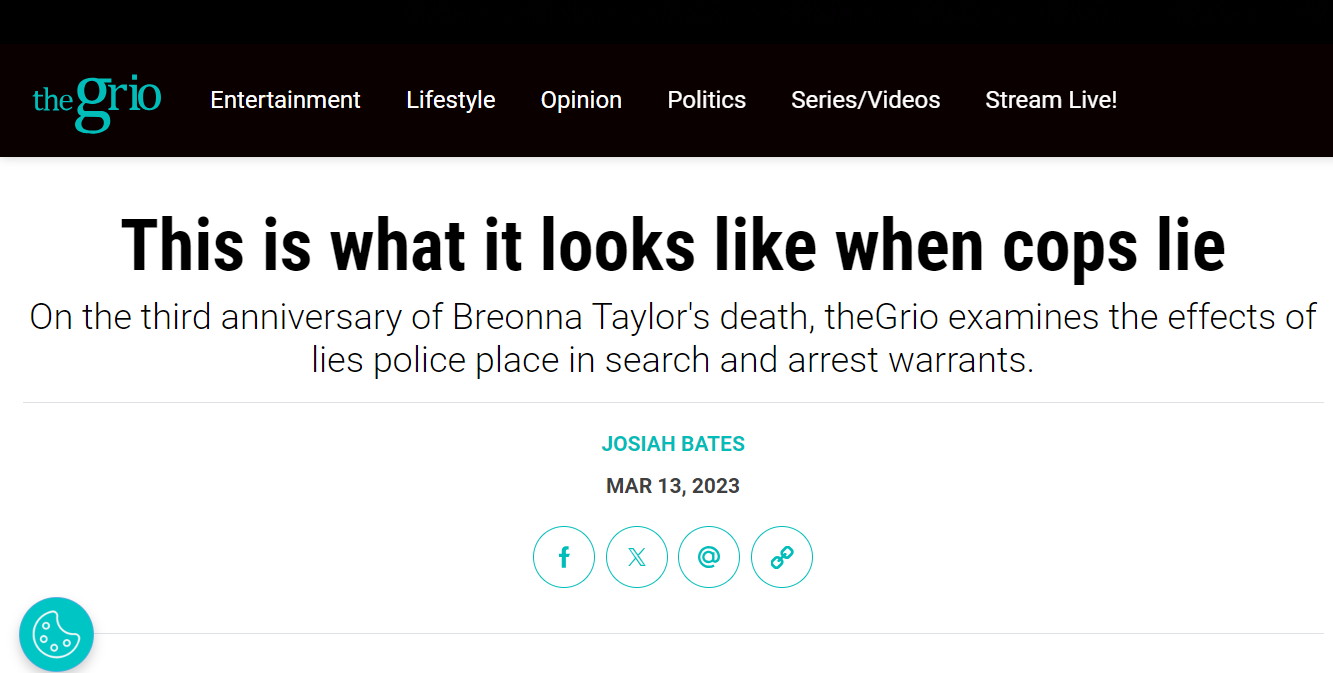
This data analysis project was in support of a story that the Grio published on the anniversary of the killing of Breonna Taylor, and assists in a larger investigation to examine simple police misconduct nationwide. Using Python Pandas, we examined exonerations data to provide context around how many/where police have falsified warrants resulting in a known wrongful conviction, narrowing in on cases involving warrant falsification. We assessed patterns and demographics in these cases, and explored the use of natural language processing to identify case descriptions about warrant falsification.
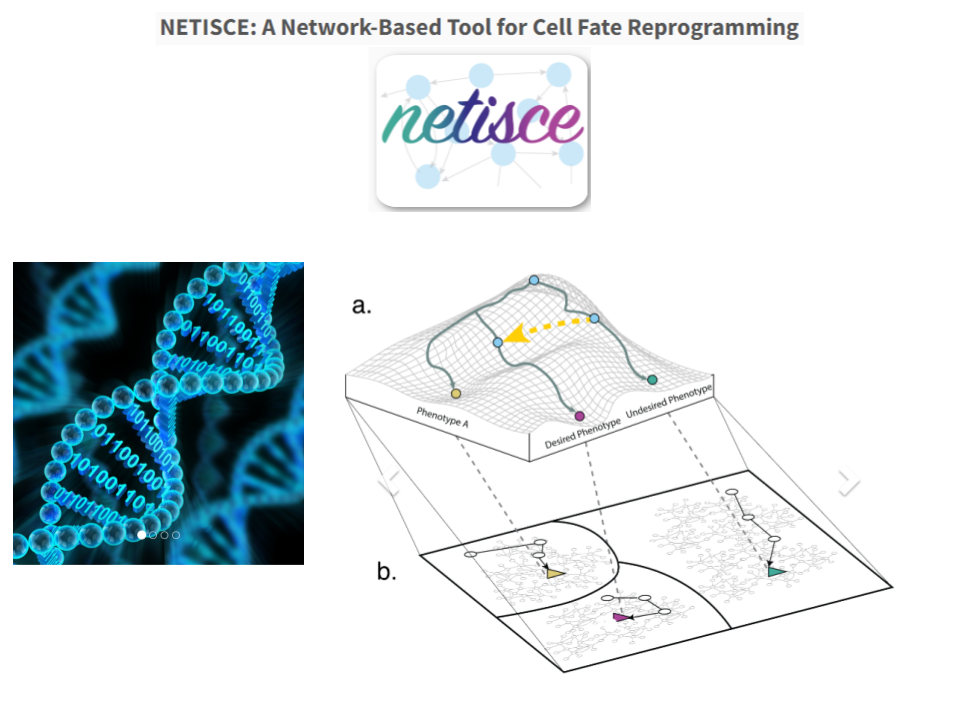
This is a project I contributed to at my research internship at UCONN's Center for Quantitative Medicine. As a part of the Vera-Licona Lab, I worked on updating and improving an application called NETISCE, which is a computational tool for identifying cell fate reprogramming targets in static networks. In combination with machine learning algorithms, NETISCE estimates the attractor landscape and predicts reprogramming targets using Signal Flow Analysis and Feedback Vertex Set Control, respectively. See the link below to learn more.
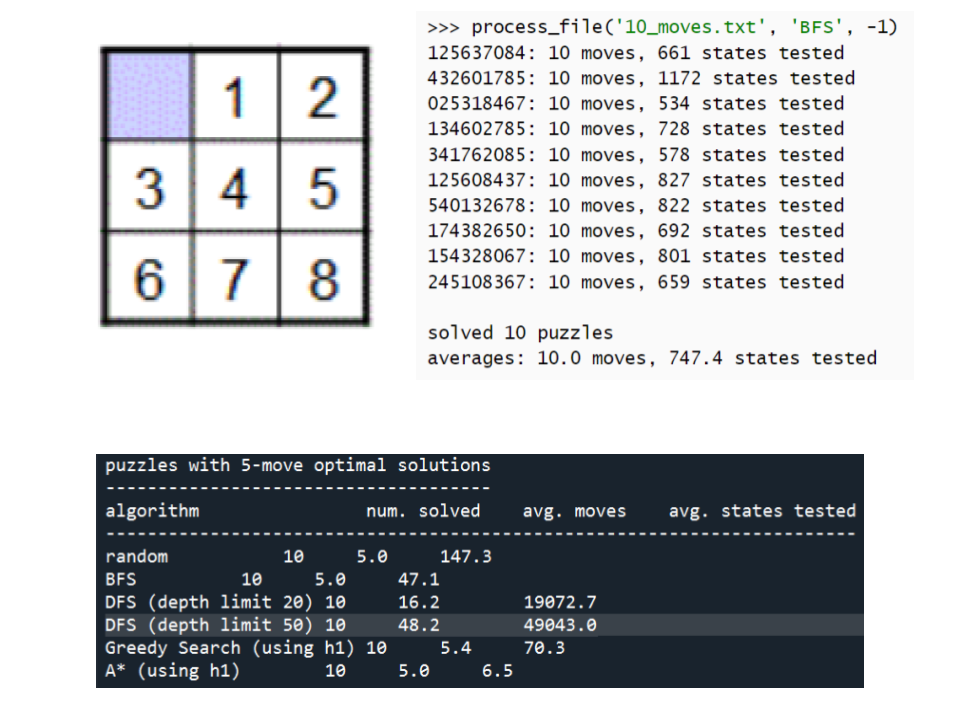
This project is based on the game where you are given a 3x3 grid that consists of a blank space and the digits 1-8. The goal of the game is to rearrange the tiles by repeatedly swapping tiles with the blank space so that the digits end up in order. This project uses state space search to find a path to the goal state and compares the efficiency of various algorithms in solving this puzzle. See the README file on Github for more information.
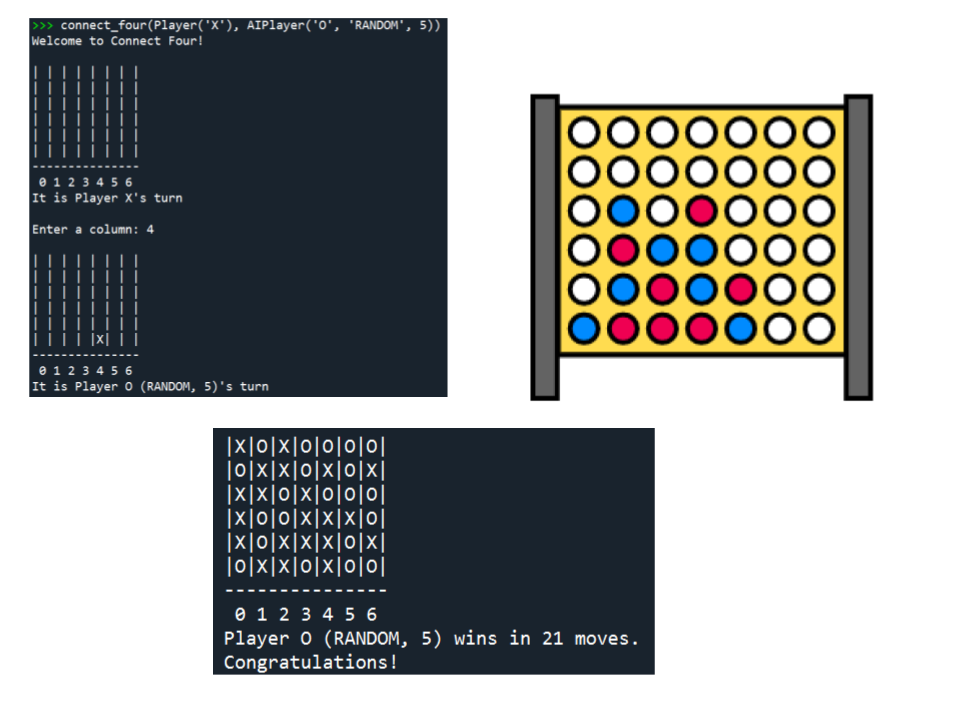
A Connect Four Game that can be played with two human players, a human player vs. an AI player, or an AI player vs. an AI player (simulation). The AI player can look at ideal future moves in order to evaluate the next best move. Its intelligence can be adjusted (the player can specify how many moves the AI looks ahead into, so the higher the lookahead value, the smarter the AI). See the README file on Github for more information.
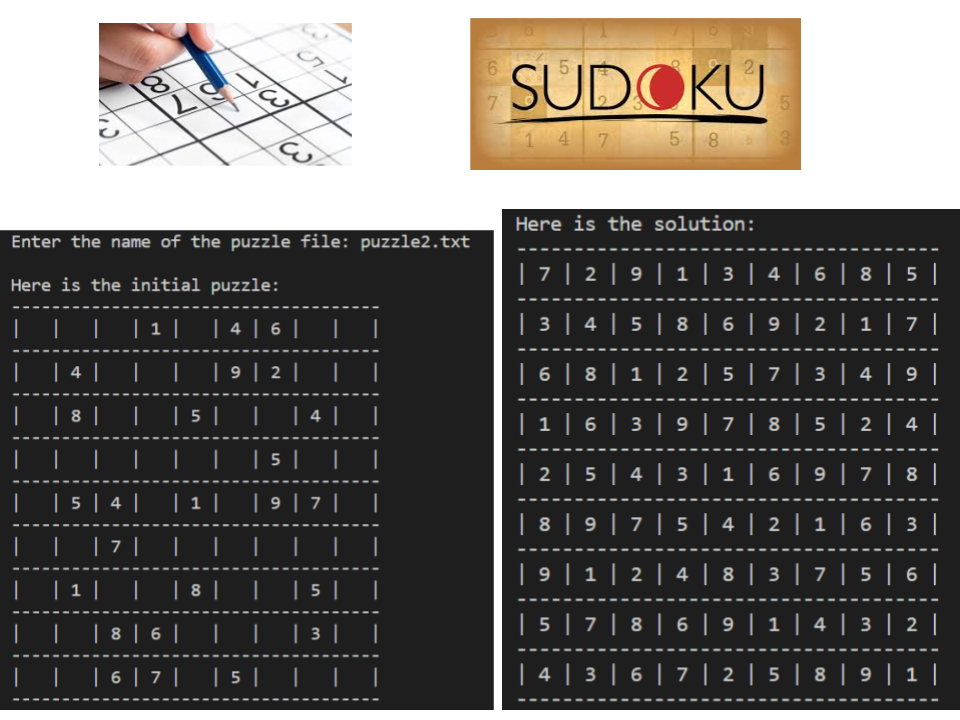
This project implements recursive backtracking to solve any Sudoku puzzle. Included in the repository are 4 unsolved puzzles that can be used as samples. The user may also input their own Sudoku puzzle that they would like to be solved. The purpose of this project is to highlight the efficiency of using recursive backtracking to solve complex problems. See the README file on Github for more information.